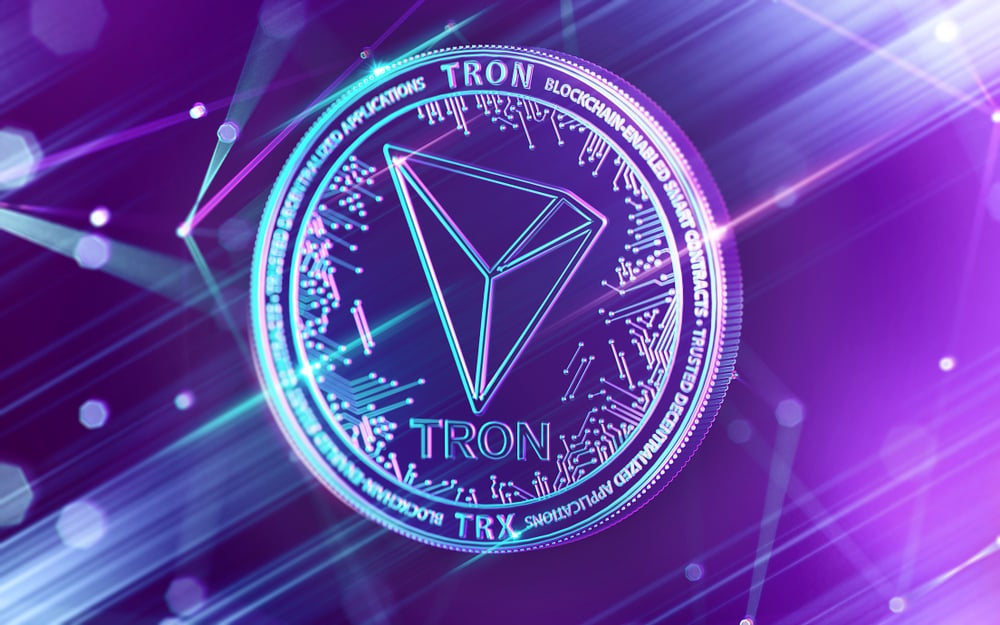Using Blockchain For Social Change: A Conversation with TRON’s Justin Sun

For as much as blockchain has soaked up headlines over the past two years, the sector has yet to break through to the mainstream consciousness.
Much of it has to do with the fragmentation of the sector in general, with different coins and blockchains delivering their own benefits and featuring their own respective communities. However, the sector seems to be cognizant of this reality, has started to bridge these gaps to build an industry that could finally enter the realm of mass-market appeal.
There is also a new trend of charitable organizations being created to help bring blockchain to a massive potential market—those left behind by technology and financial services. Binance’s new Binance Charity Foundation (BCF), for instance, aims to use blockchain to help alleviate many of the developing world’s problems.
Others, like blockchain-based operating system TRON, are banking on their technology to help. In both cases, however, there is a movement to bring about social change through the use of blockchain, both in the private and public spheres. The crypto and blockchain sectors are starting to change the way charity operates.
TRON CEO Justin Sun recently made headlines with a $3 million donation to the BCF, and we had an opportunity to discuss the announcement, as well as the growth of blockchain overall and its mainstream potential.
What motivated you to donate to Binance?
It all stems from TRON’s Vision. Our network isn’t a means for individuals or institutions to gain short-term profit; it was built to make the internet decentralized again. This mission itself is not profit-seeking, but rather aims to give rights like data privacy and transparency back to the user—rights that inherently belong to and benefit the people.
This mission has the same underlying principles as charity and non-profit organizations—leveraging the strength of community to raise people up and uphold what we believe in. I believe that to truly reach these goals, we need community players like TRON to influence and inspire, creating reach and volume, and we also need large organizations like Binance who share our goals and vision to work hand-in-hand with us. This is why TRON donated $3 million, to show our support for Binance, BCF, and our common goal of using blockchain for social good.
Can you elaborate on your relationship with Zhao? Is your donation the beginning of a deeper bond?
A: We’ve shared a long and meaningful partnership with Binance over the years, and on a personal level, CZ and I are good friends. This is just another step in our long-term strategic collaboration.
Have you considered a deeper partnership with Binance?
A: Both companies are open to various types of collaboration, with TRON’s donation to BCF as a good example. I’m confident that we will continue to find new and innovative ways to work together to advance the blockchain and cryptocurrency industries.
What are your thoughts on Bakkt?
The arrival of an organization like Bakkt shows that mainstream financial institutions are beginning to understand and embrace blockchain and cryptocurrency. We are excited to see this trend and encourage more traditional financial institutions to join in.
Do you think the SEC will approve a bitcoin ETF? If so, when do you think it will happen?
In my opinion, the SEC’s approval of a Bitcoin ETF is inevitable, it’s just a matter of when.
What does the crypto market need to go from bear to bull?
The most important thing is to do real work. There are still many people today that hold misconceptions of the blockchain and cryptocurrency industries. For those of us who are in the industry, we need to work even harder to show people that these technologies can change lives, that they can make a material difference. This is the key to turning a bear market to a bull market. The advancement of dApps built on the chain is perhaps a key index. With our TRON Virtual Machine up and running, we welcome more developers to work with us to develop premium dApps.
Asia has a vibrant crypto sector, but governments in the region are far from friendly towards crypto. Why do you think that is? Do you see this changing?
The primary reason behind this phenomenon is that the government still does not understand blockchain and crypto technology. It’s natural to be wary of what you do not understand, so I can see where the regulators are coming from when they err on the side of caution, a few steps behind the market. But I’m happy to see that most governments are willing to learn about these technologies and make efforts to regulate and advance them.
Featured image from Shutterstock.